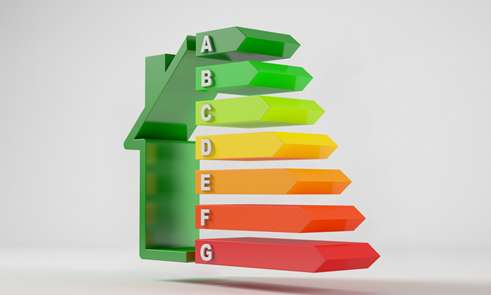4 Common Remodeling Mistakes and How to Avoid Them
 Investing in your home by remodeling or renovating is an excellent way to increase its value. However, a significant renovation project can quickly turn into a disaster, especially for those who are inexperienced. Let’s take a look at four of the more common home renovation mistakes that homeowners make and how you can avoid them.
Investing in your home by remodeling or renovating is an excellent way to increase its value. However, a significant renovation project can quickly turn into a disaster, especially for those who are inexperienced. Let’s take a look at four of the more common home renovation mistakes that homeowners make and how you can avoid them.
Mistake #1: Skipping The Permit Process
The first mistake you will want to avoid is undertaking any home renovation without the required permits. While some remodeling projects will not require a permit, others will. Regardless, it is more than worth taking the time to do your research to ensure you do not run afoul of the law. A visit to the city’s website or a quick phone call is all you will need to find out if a permit is required and how much it will cost.
Mistake #2: Being Afraid
A great way to ruin your renovation is to be too afraid to transform the space into whatever best suits your family. Try to avoid being trendy and going with renos that you saw recently on television. Instead, consider how you currently use your kitchen, bathroom, or whatever other space you’re changing and improve it for the better.
Mistake #3: Using Cheap Materials Or Labor
When it comes to contractors, going cheap is rarely a good idea. You want someone who is going to do the best quality of work at a fair, affordable price. Moreover, since you’re investing in that contractor, it is best to also invest in using high-quality materials for the job.
Also, don’t be the type that skimps on costs just because something isn’t visible. A good example is if your contractor recommends that you install something like a bathroom membrane system. Yes, it’s an extra cost that is mostly a preventive measure against mold getting under your tiles. However, it is a small consideration in protecting the more substantial investment you’re making in upgrading your home.
Mistake #4: Changing Your Mind
As the old saying goes: “measure twice, cut once.” Changing your mind in the middle of your renovation is almost certainly going to cost you. Once you commit, try to stick to the plan unless circumstances force you to make a change. These are just four of the many mistakes that can be made by an inexperienced home renovator.

 If you have purchased a new home and are going to move in soon, what are the first few things that you will need to do upon moving into your new home?
If you have purchased a new home and are going to move in soon, what are the first few things that you will need to do upon moving into your new home? In today’s environmentally conscious world, finding ways to save on energy costs has become increasingly important. One effective method to achieve both goals is by conducting a home energy audit. A home energy audit is a comprehensive assessment of your home’s energy efficiency and helps identify areas where energy is being wasted.
In today’s environmentally conscious world, finding ways to save on energy costs has become increasingly important. One effective method to achieve both goals is by conducting a home energy audit. A home energy audit is a comprehensive assessment of your home’s energy efficiency and helps identify areas where energy is being wasted.